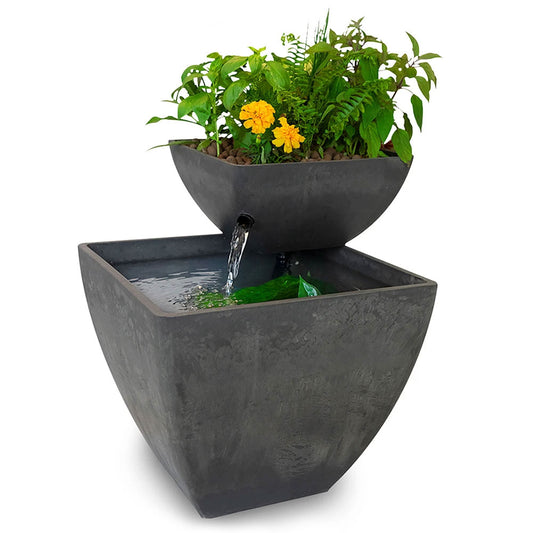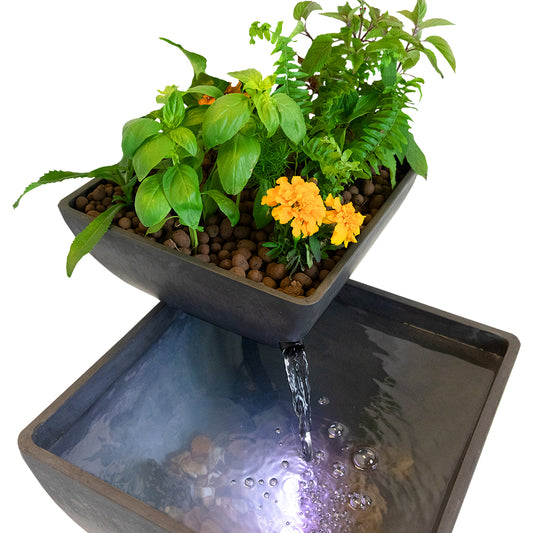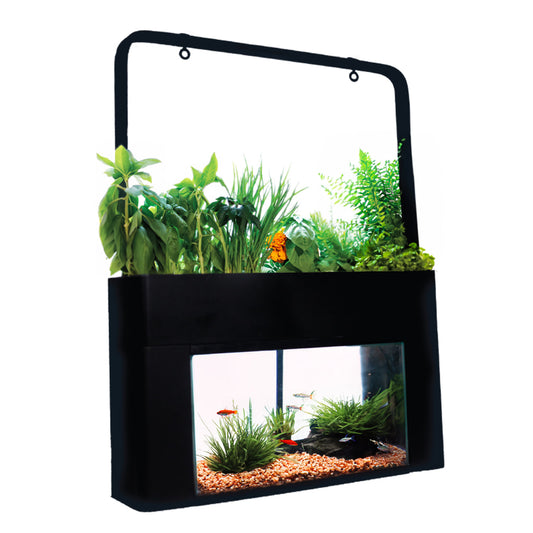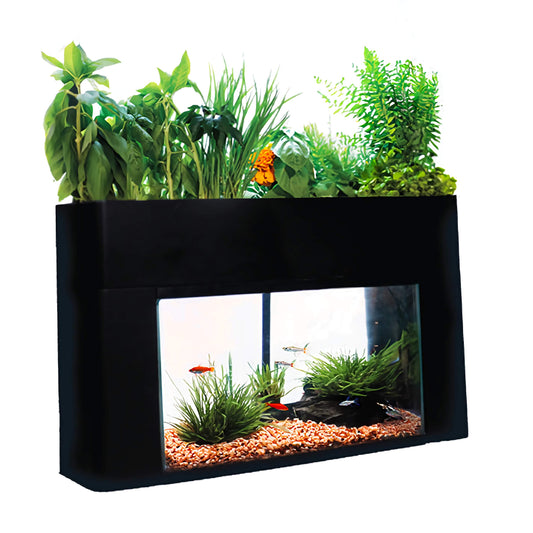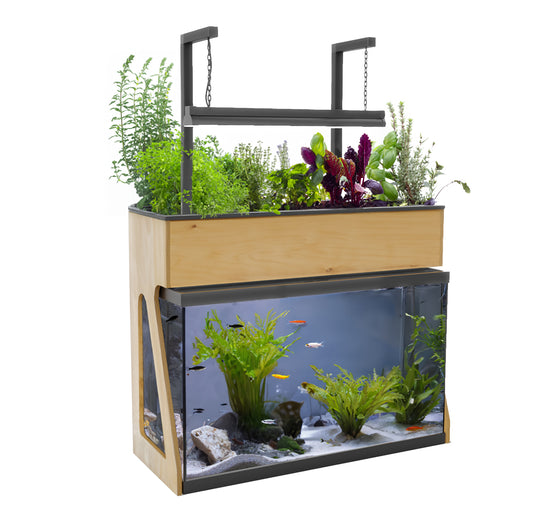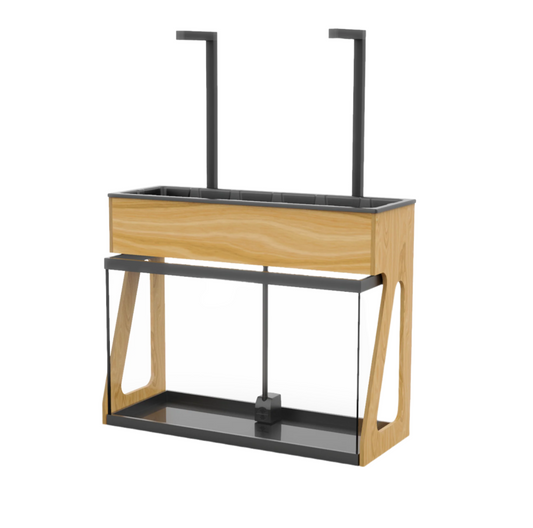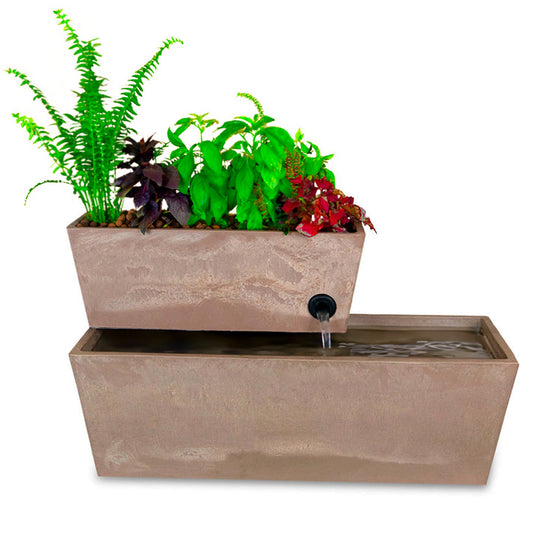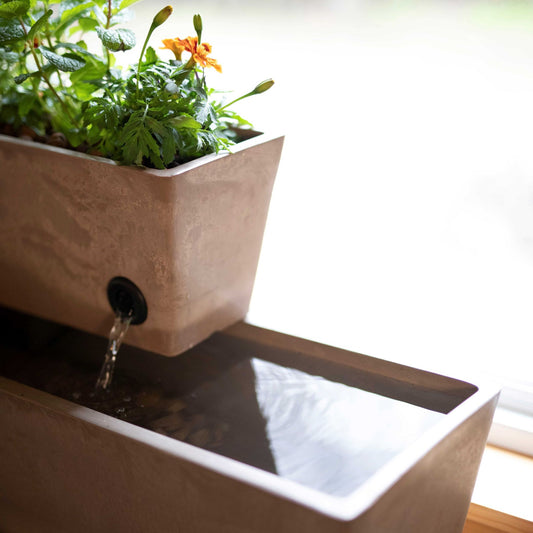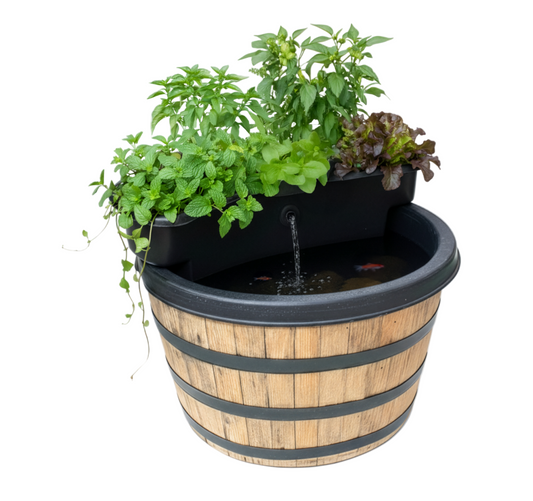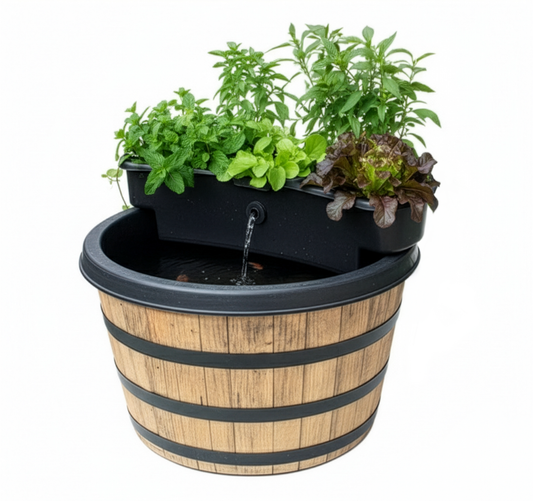Aquaponics Farming: Job of the Future?
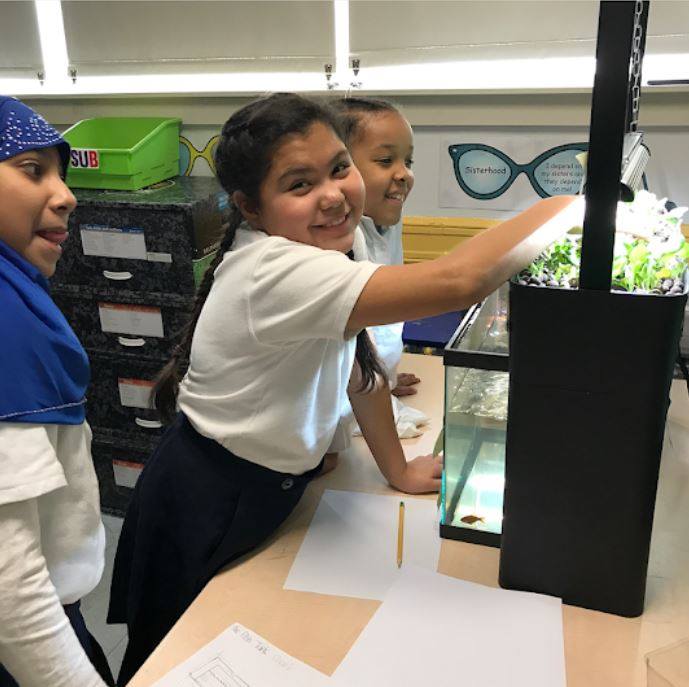
Aquaponics is a growing trend in sustainable food production that has numerous economic benefits. Aquaponics combines the best of both worlds – hydroponics and aquaculture – to produce both fish and produce in a closed-loop system. By recirculating water between the two systems, aquaponics is able to save money, conserve water, and create a new source of income for farmers, businesses, and hobbyists alike.
One of the biggest economic benefits of aquaponics is that it is a water-efficient way of farming. Compared to traditional growing methods, aquaponics uses 90% less water, making it an attractive option for farmers in arid regions. Additionally, aquaponics is able to use non-potable water sources, such as rainwater or even wastewater, for its systems. This reduces the need to use potable water for growing food and thus, the associated costs. The UN recently published a report that described climate change as the greatest challenge of our times. The world’s population is increasing rapidly and there is an ever-increasing demand for food. The planet needs a new way to feed its inhabitants, but what will it be?
- Aquaponics uses 90% less water than traditional soil-based farming, making it a great choice for areas with limited water supplies.
- Aquaponics systems use natural bacteria to break down waste, converting it into usable plant food. This eliminates the need for chemical fertilizers, reducing water pollution and potential water contamination.
- Aquaponics systems use no herbicides or pesticides, making them much safer for the environment.
- Aquaponics is a closed-loop system, meaning the water used in the system is recycled and reused, reducing water waste.

